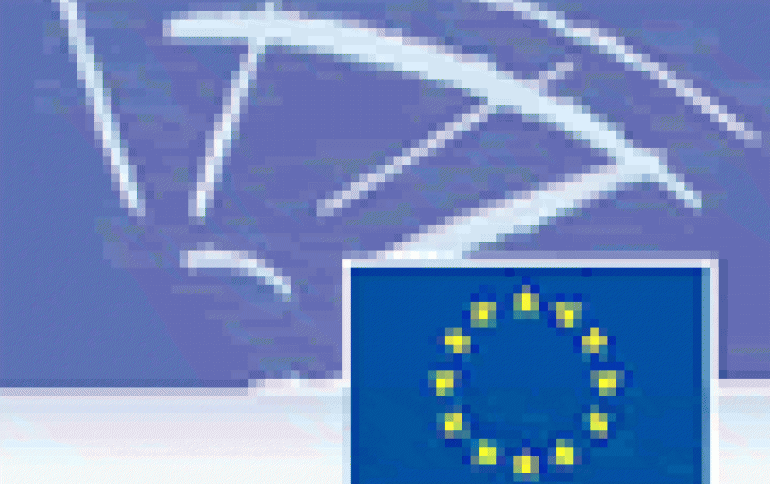
New European Telecoms Rules Enter Into Force
New EU telecoms rules were officially become EU law on Saturday following their publication in today's Official Journal of the European Union.
The new rules composed of the will need to be transposed into national laws of the 27 EU Member States by June 2011. The new Regulation establishing the new European Telecoms Authority called "Body of European Regulators for Electronic Communications (BEREC)" is directly applicable and will enter into force in 20 days. BEREC will provide a force for consistent regulation across Europe strengthening the single telecoms market. This final step in the EU legislative process follows the final agreement between the European Parliament and Council in November.
"The establishment of the new European Telecoms Authority BEREC is a very visible sign that we are serious when we say that Europe?s telecoms operators and consumers should no longer feel national borders in network access and the delivery of communication services," said Viviane Reding, the EU?s Telecoms Commissioner. "From spring 2010 onwards, BEREC will help national telecoms regulators and the European Commission to ensure that telecoms services can be delivered under consistent and competitive conditions across the EU. Now that the reform Directives have been published in the Official Journal, I ask Member States to start work on the swift transposition of these rules into national laws. A rapid and correct transposition will be crucial for achieving legal certainty, enhancing competition and stimulating investment in Europe's evolving single telecoms market."
The new European Telecoms Authority BEREC is made up of the heads of the 27 national telecoms regulators. Decisions will be taken, as a rule, by two-thirds majority and by simple majority when BEREC gives opinions in the context of the Commission's analysis of measures notified to the European Commission by national regulators. BEREC decisions will be prepared with the support of independent experts. BEREC will also advise, support and complement the independent work of national telecoms regulators, especially when it comes to regulatory decisions with cross-border aspects.
As a result of the EU Telecoms reform, 500 million EU citizens will be able to benefit from more consumer choice through enhanced competition on Europe?s telecoms markets, from better coverage over fast internet broadband connections across Europe, and from a stronger entrenchment of their right to privacy in their telecommunications. On the spectrum side, it is now up to the Member States to adapt their allocation and licensing systems to the new rules, to provide greater flexibility for spectrum users.
For the 12 most important reforms of the new EU telecoms package, read here
"The establishment of the new European Telecoms Authority BEREC is a very visible sign that we are serious when we say that Europe?s telecoms operators and consumers should no longer feel national borders in network access and the delivery of communication services," said Viviane Reding, the EU?s Telecoms Commissioner. "From spring 2010 onwards, BEREC will help national telecoms regulators and the European Commission to ensure that telecoms services can be delivered under consistent and competitive conditions across the EU. Now that the reform Directives have been published in the Official Journal, I ask Member States to start work on the swift transposition of these rules into national laws. A rapid and correct transposition will be crucial for achieving legal certainty, enhancing competition and stimulating investment in Europe's evolving single telecoms market."
The new European Telecoms Authority BEREC is made up of the heads of the 27 national telecoms regulators. Decisions will be taken, as a rule, by two-thirds majority and by simple majority when BEREC gives opinions in the context of the Commission's analysis of measures notified to the European Commission by national regulators. BEREC decisions will be prepared with the support of independent experts. BEREC will also advise, support and complement the independent work of national telecoms regulators, especially when it comes to regulatory decisions with cross-border aspects.
As a result of the EU Telecoms reform, 500 million EU citizens will be able to benefit from more consumer choice through enhanced competition on Europe?s telecoms markets, from better coverage over fast internet broadband connections across Europe, and from a stronger entrenchment of their right to privacy in their telecommunications. On the spectrum side, it is now up to the Member States to adapt their allocation and licensing systems to the new rules, to provide greater flexibility for spectrum users.
For the 12 most important reforms of the new EU telecoms package, read here













